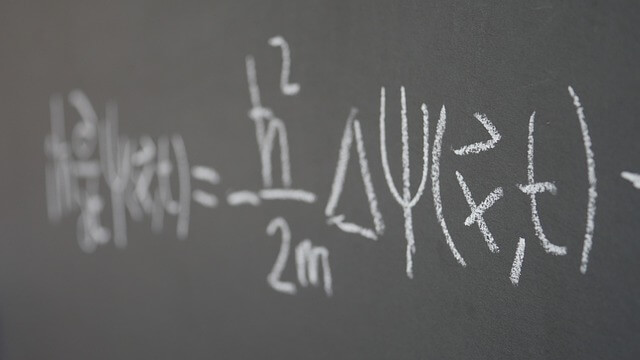Understanding the Basics of Quantum Computing
Quantum computing is an emerging field that harnesses the principles of quantum mechanics to process and manipulate information. Unlike classical computing, which relies on bits to represent data as 0s and 1s, quantum computing uses quantum bits or qubits. These qubits can exist in multiple states simultaneously, thanks to a phenomenon called superposition, which allows for much greater computational power.
One of the key components of quantum computing is entanglement, where two or more qubits become connected in such a way that the state of one qubit is dependent on the state of the others. This property enables quantum computers to perform parallel computations and exponentially increase their processing capabilities. As a result, quantum computing holds the promise of solving complex problems that are currently infeasible for classical computers, such as cryptography, optimization, and simulations of quantum systems.
With ongoing research and advancements, scientists and researchers are continuously pushing the boundaries of this revolutionary technology. The field of quantum computing is still in its infancy, but it holds great potential to revolutionize various industries, ranging from pharmaceuticals and finance to weather prediction and artificial intelligence. As we continue to delve deeper into the world of quantum mechanics, our understanding of quantum computing will continue to evolve, setting the stage for a new era of computation.
The Difference Between Classical and Quantum Computing
Classical computers, as we know them today, operate using bits to process information. These bits can be either a 0 or a 1, representing the most basic form of data. Using algorithms and logic gates, classical computers manipulate these bits to perform computations and solve problems. However, the limitations of classical computing arise when faced with complex calculations that require extensive computational power and time.
Quantum computing, on the other hand, utilizes a fundamentally different approach. Instead of using bits, quantum computers utilize quantum bits, or qubits, which can exist in multiple states simultaneously. This phenomenon, known as superposition, allows quantum computers to perform calculations in parallel, exponentially increasing their processing power.
Additionally, qubits can also exhibit entanglement, where two or more qubits become linked in such a way that the state of one affects the state of the others, even if they are physically separated. This property enables quantum computers to handle complex problems with remarkable efficiency and accuracy.
Exploring the Potential Applications of Quantum Machines
One of the most exciting aspects of quantum machines is the potential applications they offer in a wide range of fields. From finance to medicine, quantum computing holds the promise of revolutionizing industries and solving complex problems that are currently beyond the capabilities of classical computers.
In the field of finance, quantum machines could greatly impact areas such as optimization, risk analysis, and fraud detection. With their ability to perform complex calculations at incredible speeds, quantum computers could provide more accurate predictions and enable faster decision-making in financial markets.
This could result in improved investment strategies, reduced risks, and more efficient operations. Additionally, quantum machines could play a crucial role in cryptography by enhancing security protocols and making financial transactions more secure.

The Role of Quantum Mechanics in Quantum Computing
Quantum mechanics plays a fundamental role in the field of quantum computing. The principles of quantum mechanics govern how these unique and powerful machines operate. At its core, quantum mechanics deals with the behavior of particles at the quantum level, where the classical laws of physics no longer apply.
It introduces the concept of superposition, in which quantum bits, or qubits, can exist in multiple states simultaneously. This superposition forms the basis for creating exponentially more possibilities and computational power in quantum computing compared to classical computing systems.
In addition to superposition, quantum mechanics also introduces the concept of entanglement. Entanglement allows the states of two or more qubits to be correlated, even if they are physically separated.
This phenomenon enables quantum computers to process and manipulate information in ways that classical computers simply cannot. By harnessing the power of entanglement, quantum computing has the potential to revolutionize various fields, from cryptography and optimization problems to drug discovery and material science.
Overall, the role of quantum mechanics in quantum computing cannot be overstated. It provides the framework for understanding the unique behavior of quantum systems and allows scientists and researchers to take advantage of the immense computational power offered by quantum computers. With ongoing advancements in quantum mechanics, we are poised to unlock new frontiers in computing and tackle complex problems that were once deemed unsolvable.


